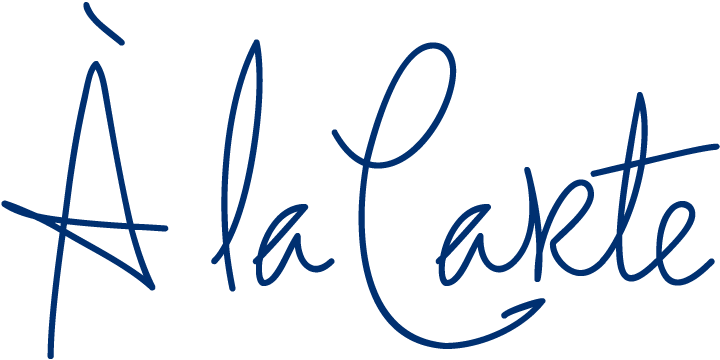Before we dove into landing page development, SEO/SEM campaigns, and overall strategic marketing development, we had to figure out how to position them in the market that would separate them from other virtual schools.
Virtual schools (e-schools, cyber schools) tend to all look alike with one of the key issues being socialization (or lack thereof). Provost, on the other hand, wanted to build a school that was bridged the divide between online and together. They desired to bring students together on a regular basis, and move beyond the typical field trips and online clubs in order to allow their students opportunities to connect.
Now, how to convey that story? We found the solution to that question in a campaign that was over 40-years old. In fact, it's story was similar to ours. One of the greatest marketing campaigns of all time was the 7-UP campaign that turned it into the UnCola. It was so successful because it positioned 7-UP as the anti-Coke and anti-Pepsi, who were both vying for market share. So, instead of competing directly with them and trying to look like them, 7-UP became the UnCola.
The landing page we designed for them saw a 65% increase in lead capture the first month alone, and we outperformed previous the previous year by over 200% in lead generation.
In South Carolina they raised the enrollment goals in mid-stream due to the increase in leads and enrollment, and we still met them by the end of October.
In Colorado they had their first wait list of students in the history of the school.
In Ohio where enrollment growth in charter schools and e-schools was a meek .5% for the year, Provost achieved double-digit growth.
They say the best idea is a borrowed idea. If you are stuck today and seeking inspiration for your marketing campaign sometimes looking back over 40 years can lead to something new today.
If we can be of help to you with marketing strategies, web site/landing page design, and/or SEO/SEM campaigns, don't hesitate to contact us today.
houston@figment-consulting.com
FIGMENT Consulting
Data driven. Imagination crafted.


